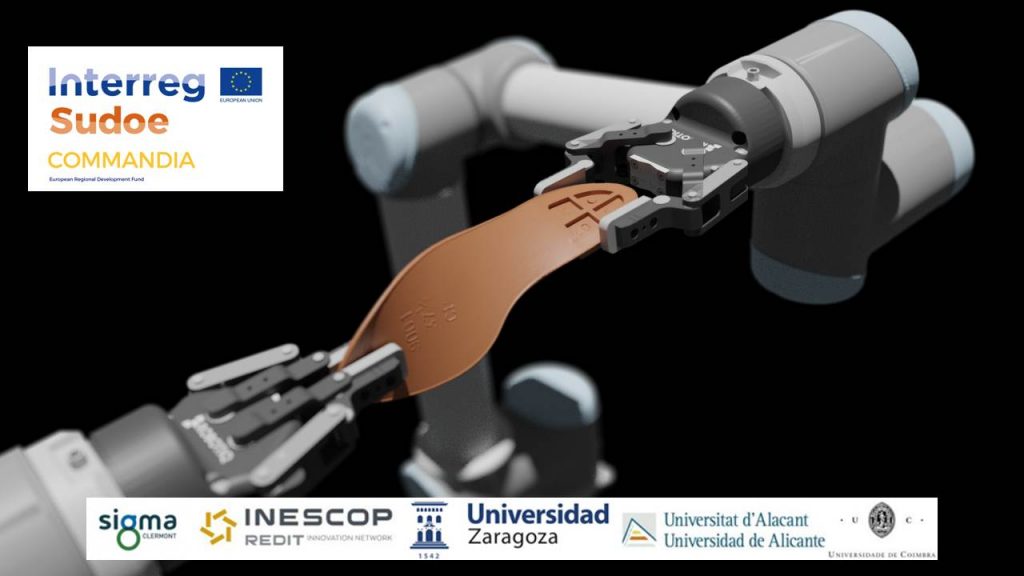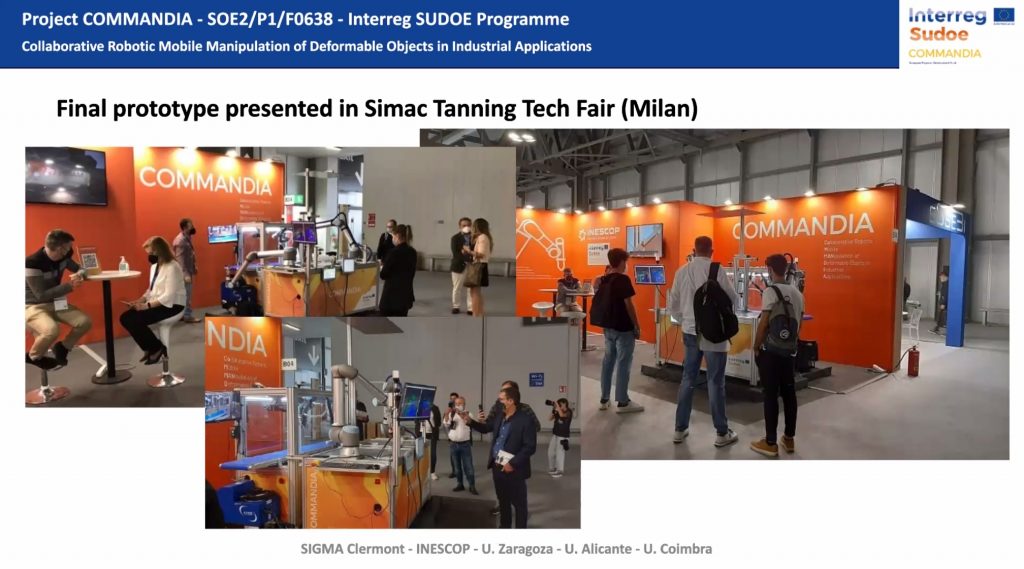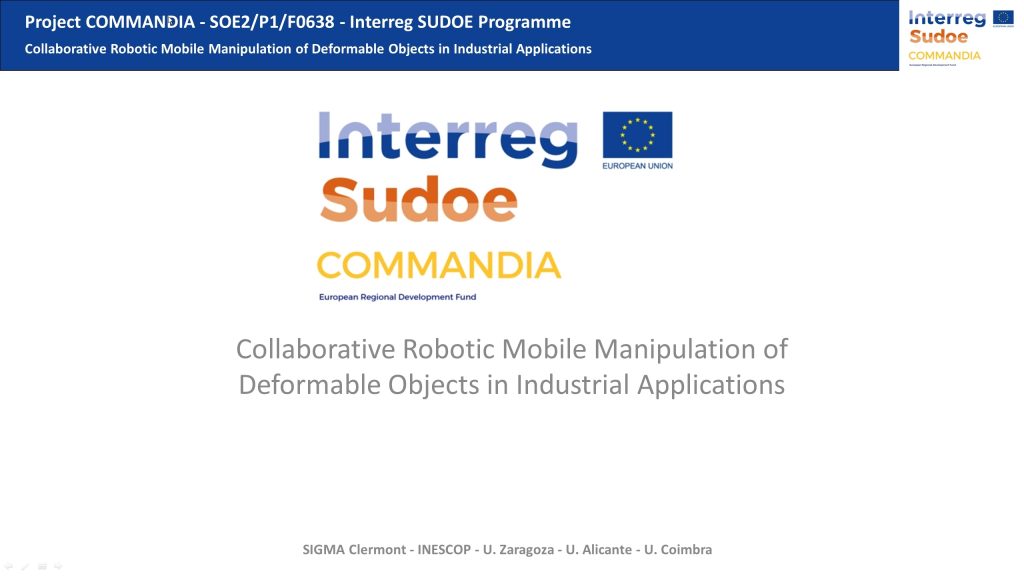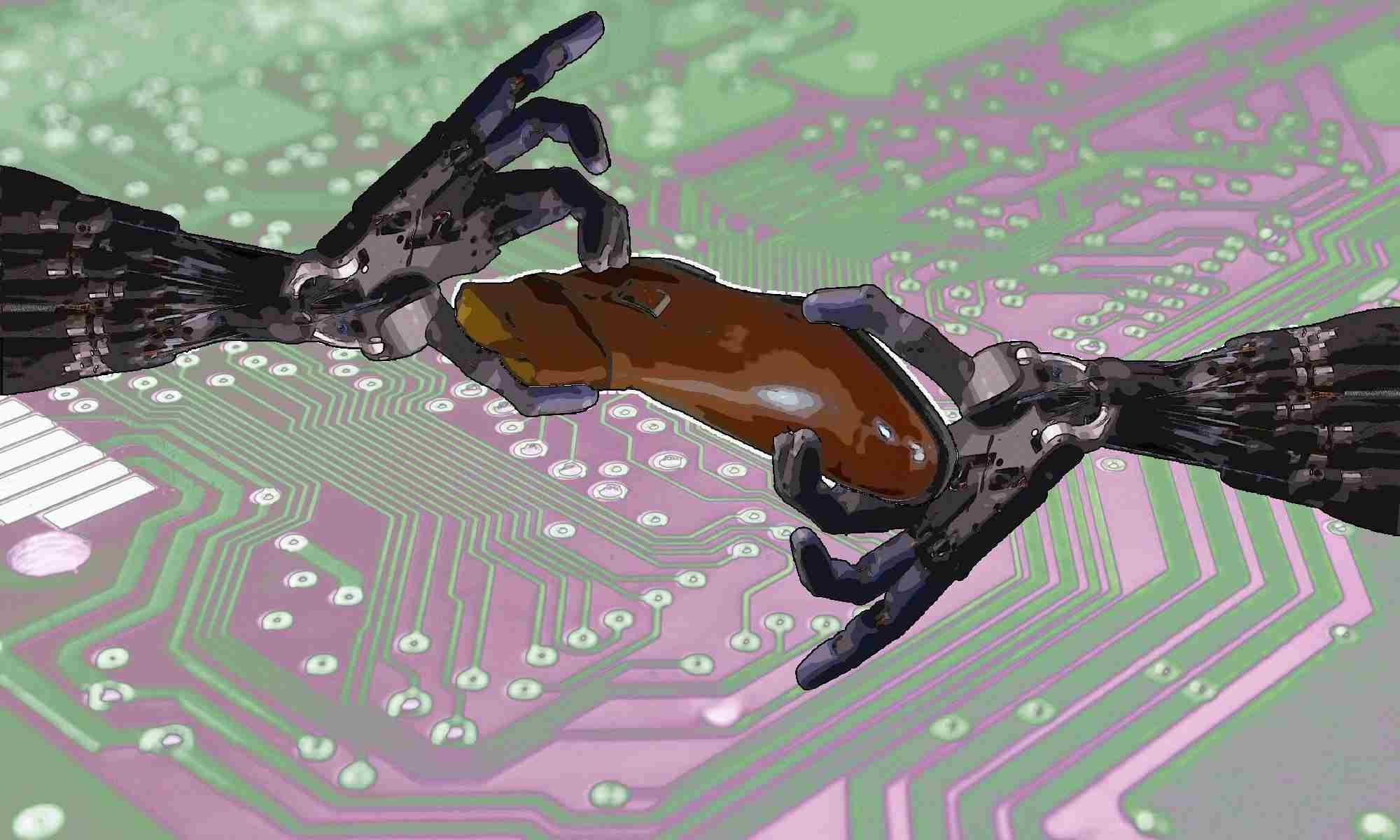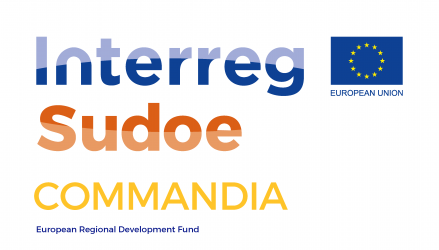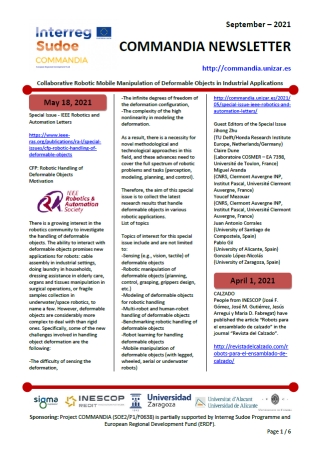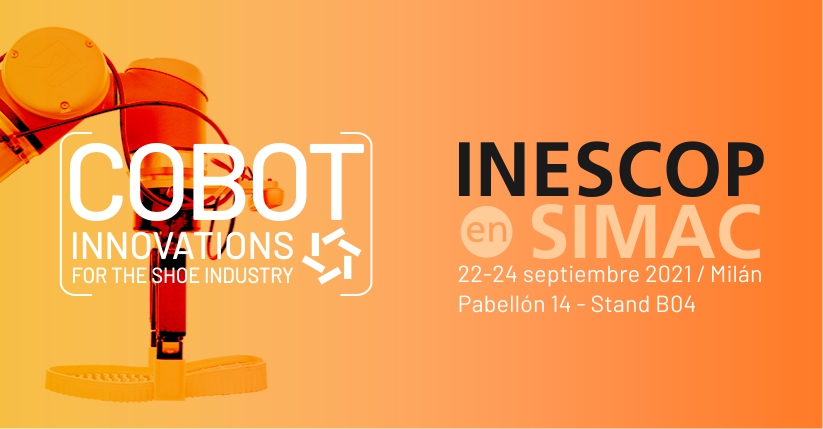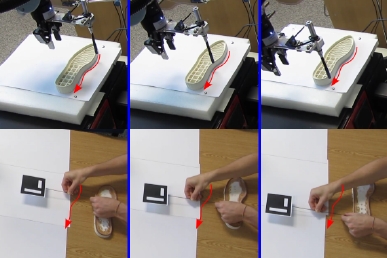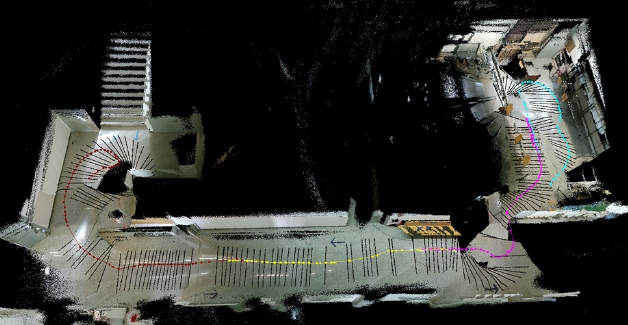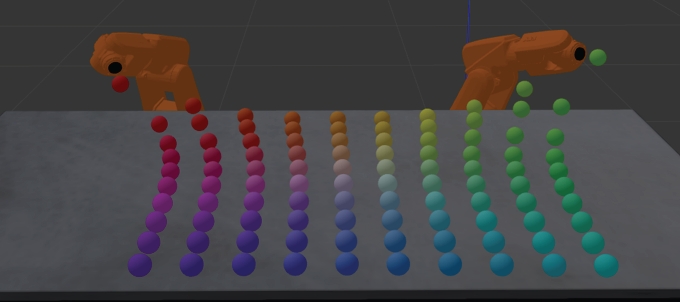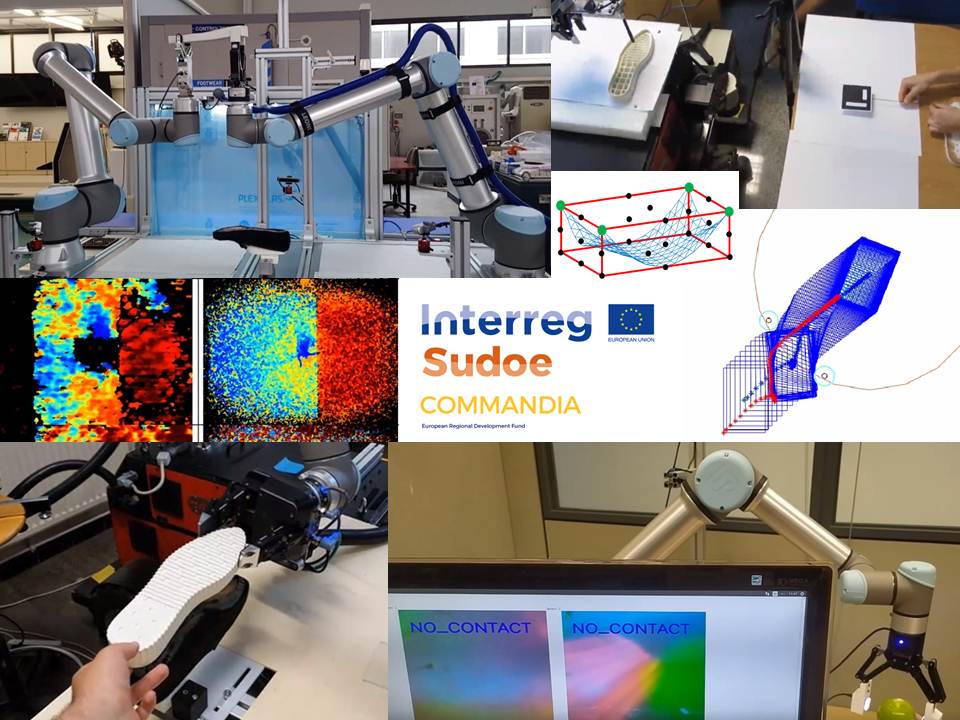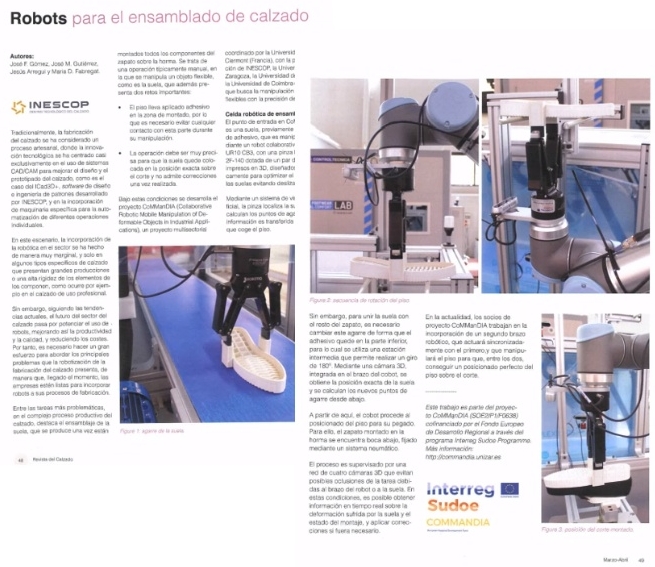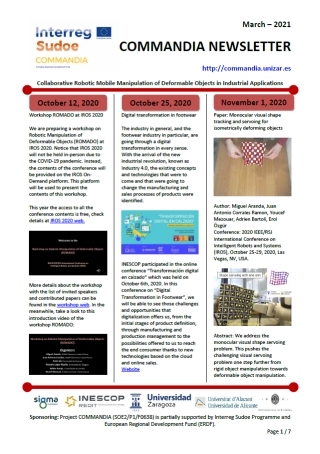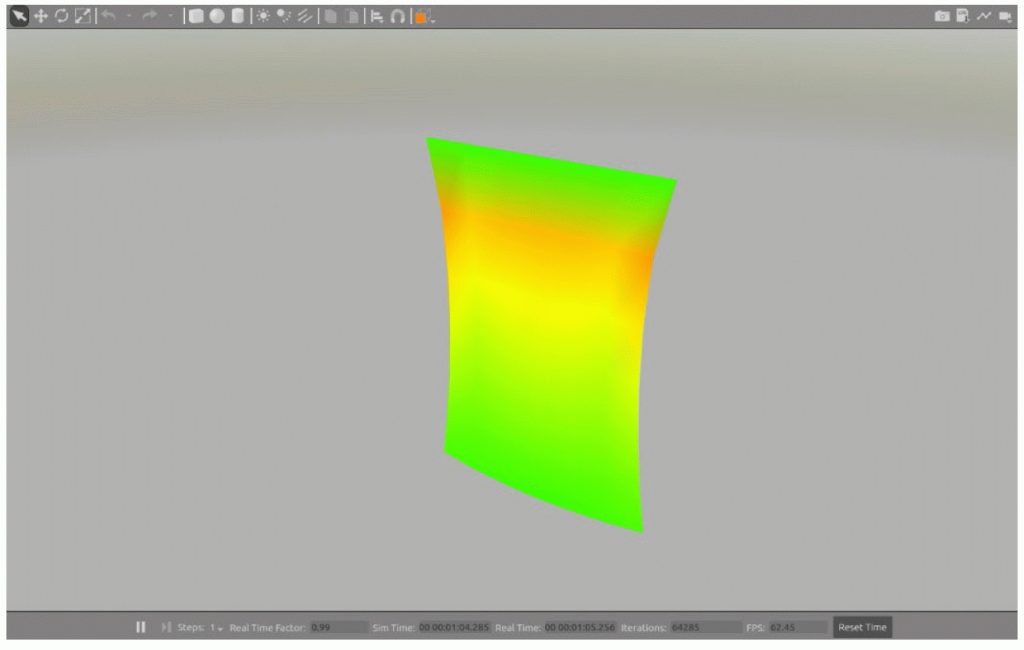Motivation
There is a growing interest in the robotics community to investigate the handling of deformable objects. The ability to interact with deformable objects promises new applications for robots: cable assembly in industrial settings, doing laundry in households, dressing assistance in elderly care, organs and tissues manipulation in surgical operations, or fragile samples collection in underwater/space robotics, to name a few. However, deformable objects are considerably more complex to deal with than rigid ones. Specifically, some of the new challenges involved in handling object deformation are the following:
- The difficulty of sensing the deformation,
- The infinite degrees of freedom of the deformation configuration,
- The complexity of the high nonlinearity in modeling the deformation.
As a result, there is a necessity for novel methodological and technological approaches in this field, and these advances need to cover the full spectrum of robotic problems and tasks (perception, modeling, planning, and control).
Therefore, the aim of this special issue is to collect the latest research results that handle deformable objects in various robotic applications.
List of topics
Topics of interest for this special issue include and are not limited to:
- Sensing (e.g., vision, tactile) of deformable objects
- Robotic manipulation of deformable objects (planning, control, grasping, grippers design, etc.)
- Modeling of deformable objects for robotic handling
- Multi-robot and human-robot handling of deformable objects
- Benchmarking robotic handling of deformable objects
- Robot learning for handling deformable objects
- Mobile manipulation of deformable objects (with legged, wheeled, aerial or underwater robots)
Timeline
The special issue will follow the following timeline:
23 June 2021 Call for Papers
23 Sept 2021 Papercept open for submission
8 Oct 2021 Submission deadline (Extended to 22 October)
2 Jan 2022 Authors receive RA-L reviews and recommendation
16 Jan 2022 Authors of accepted MS submit final RA-L version
1 Feb 2022 Authors of R&R MS resubmit revised MS
8 Mar 2022 Authors receive final RA-L decision
22 Mar 2022 Authors submit final RA-L files
27 Mar 2022 Camera ready version appears in RA-L on Xplore
6 April 2022 Final Publication
Guest Editors of the Special Issue
Jihong Zhu
(TU Delft/Honda Research Institute Europe, Netherlands/Germany)
Claire Dune
(Laboratoire COSMER – EA 7398, Université de Toulon, France)
Miguel Aranda
(CNRS, Clermont Auvergne INP, Institut Pascal, Université Clermont Auvergne, France)
Youcef Mezouar
(CNRS, Clermont Auvergne INP, Institut Pascal, Université Clermont Auvergne, France)
Juan Antonio Corrales
(University of Santiago de Compostela, Spain)
Pablo Gil
(University of Alicante, Spain)
Gonzalo López-Nicolás
(University of Zaragoza, Spain)
